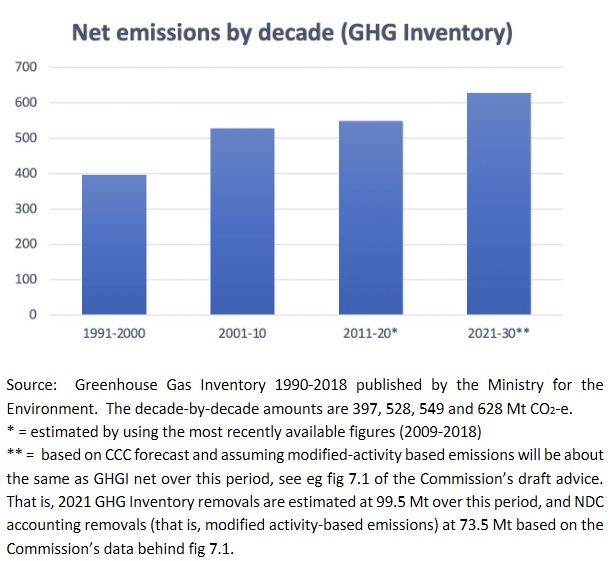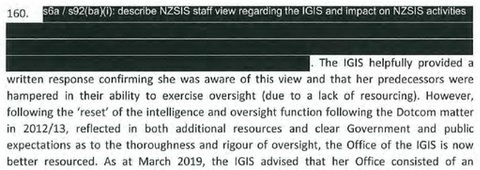Nitrates are a serious public health threat, posing a risk of death for babies and a long-term risk of bowel cancer for adults. Farmers are currently spewing them into the water table via fertiliser and dirty dairying, poisoning drinking water across Canterbury and threatening the drinking water of our second-largest city. The government was apparently worried enough about this to set up a working group to study the problem. And then they secretly buried it:
An official information act request showed a working group that was supposed to be looking at nitrates in water only met twice in 18 months and was recently disbanded, with little to show for its efforts.The government is using the pandemic as an excuse, but with the government refusing to set a bottom-line limit on nitrate pollution, it looks like the whole thing was a scam, a Potemkin review to distract the public. Because obviously, we couldn't let the fact they were killing people threaten dairy industry profits, could we?After months of pressure from councils and environmental groups and amidst mounting international evidence of a link between nitrates in drinking water and bowel cancer, then Minister of Health David Clark asked for a working group to be set up.
Chaired by the Ministry of Health's chief science advisor, professor Ian Town, it met for the first time in August 2019 and undertook to review nitrate levels and provide advice to affected communities about the health risk.
Funders would also be told about the urgent need for New Zealand research to match that coming from overseas.
But following a second meeting in December of that year, the work of the working group - which was supposed to meet every three months - stopped altogether.
A question from RNZ this month uncovered the group had recently been disbanded.









